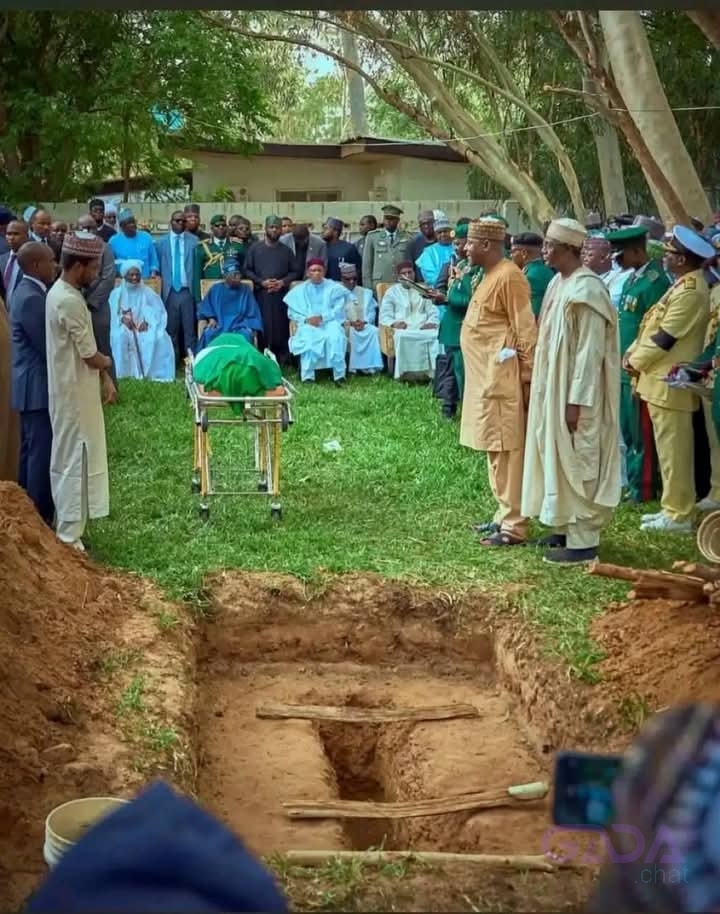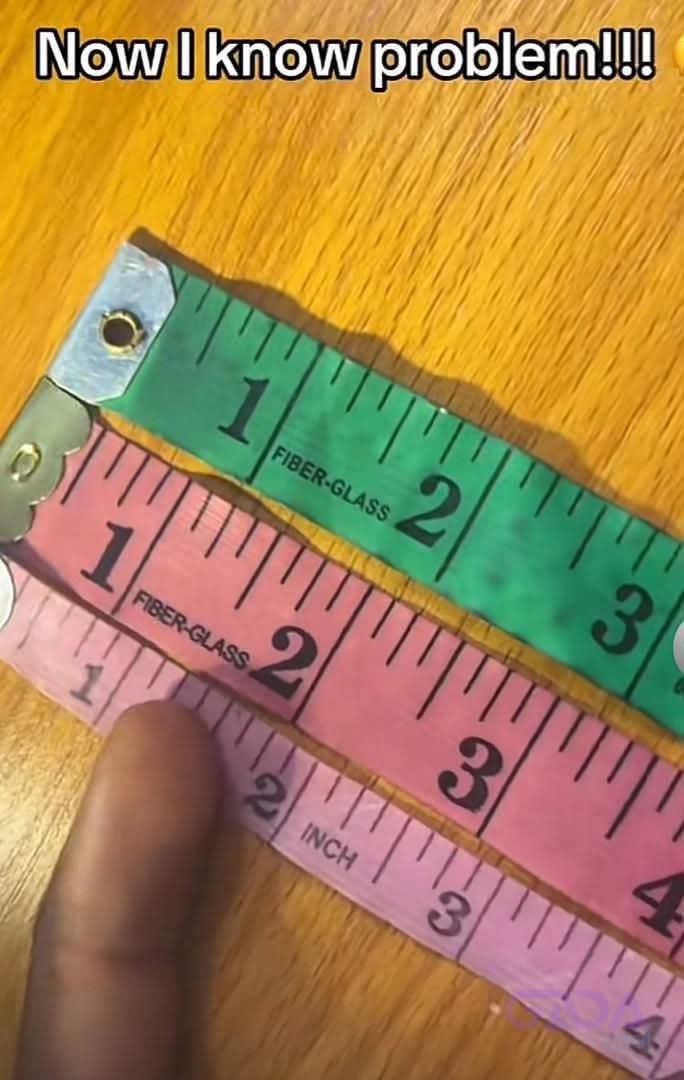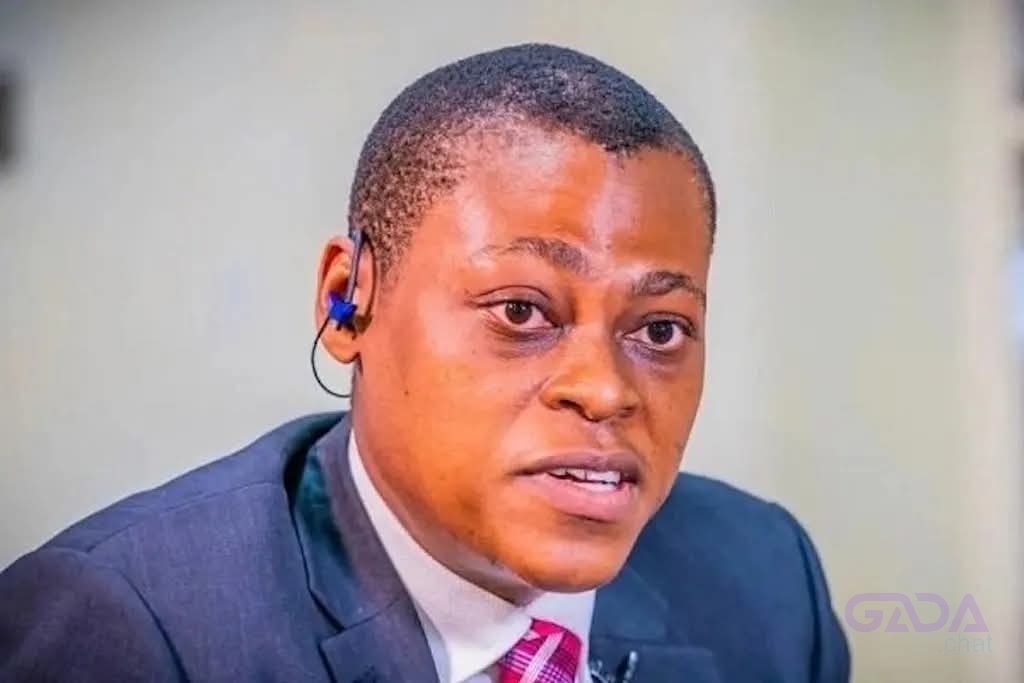How Buhari’s Military Coup Saved Oba Sikiru Adetona from fellow Ijebu Governor
On November 23, 1981, Governor Victor Olabisi Onabanjo of Ogun State signed a formal order suspending Oba Sikiru Adetona from office as the Awujale of Ijebuland until further notice. However, it soon turned to a deposition, and the removal was scheduled to take effect on January 2, 1984.
But the Muhammadu Buhari coup of December 31, 1983, which toppled President Shehu Shagari's civilian government, halted the plan. Buhari’s intervention inadvertently preserved the Awujale’s reign for the next 41 years.
By the early 1980s, Oba Sikiru Kayode Adetona, the Awujale of Ijebuland, and Governor Victor “Bisi” Onabanjo, both sons of Ijebu, had entered a tense phase. The foundation had been set years earlier, when Adetona had generously assisted Onabanjo during his illness and even provided accommodation and support while he studied in London. Yet as politics took centre stage, friendship gave way to rivalry, and personal ire would lead to a constitutional crisis.
In August 1981, Oba Adetona wrote to the governor notifying him of his upcoming trip to London for medical reasons, including his overseas address and phone number, purely informative, not requesting permission. Onabanjo replied, demanding more details of the trip and the health grounds, apparently implying that it needed his approval.
Oba Adetona bristled, reminding him that his letter was purely a courtesy update and that, as a traditional monarch, he did not require permission to travel. Defiant, he departed anyway, changing his phone number to avoid further contact.
On November 23, 1981, Governor Onabanjo issued a proclamation suspending the Awujale from office, an unprecedented move. He established a Commission of Inquiry under Justice Solomon O. Sogbetun to investigate Oba Adetona’s perceived insubordination and administrative conduct.
True to the governor’s intentions, the commission reported unfavourably, and by early 1982, the Awujale was formally deposed by the Ogun State Executive Council.
Oba Sikiru Kayode Adetona mounted a legal challenge against the Ogun State Government, contesting the validity of the Sogbetun Commission of Inquiry, which had recommended his deposition. His legal team was formidable, led by none other than Chief F.R.A. Williams, one of Nigeria’s greatest legal minds, and supported by Chief Sina Odedina, a prominent Ijebu lawyer.
As the case made its way through the courts, political events moved with dramatic speed. Governor Bisi Onabanjo, the man who had orchestrated the deposition, was re-elected and sworn in for a second term on October 1, 1983. For a time, it appeared that the Awujale’s fate had been sealed.
But destiny, always patient, waited quietly in the wings.
Just two months and 30 days later, on December 31, 1983, the Nigerian Second Republic collapsed in a swift military coup. In a broadcast, Brigadier Sani Abacha announced the takeover of the government by the military. The democratically elected administration of President Shehu Shagari was overthrown, and Major-General Muhammadu Buhari assumed the role of Head of State.
In Ogun State, Brigadier Oladipo Diya, a fellow Ijebu son from Odogbolu, was appointed the new Military Governor. The terrain had shifted.
Then, in 1984, the defining moment arrived.
Justice Kolawole of the Ogun State High Court delivered a landmark judgment. The court nullified the findings of the Sogbetun Commission and ruled that Oba Adetona’s deposition was unlawful. It ordered his immediate reinstatement to the stool of the Awujale of Ijebuland.
The military administration of Brigadier Diya, rather than appeal the ruling, respected the court’s decision. Without drama or delay, the judgment was enforced. And thus, Oba Sikiru Kayode Adetona returned to his throne in Ijebu Ode—restored, vindicated, and unbroken.
The monarch who had been deposed returned not in disgrace, but in quiet triumph. Like a cat with nine lives, he resumed his place not only as a custodian of tradition, but as a symbol of endurance, dignity, and the power of lawful resistance.
From that moment, a new era began: an era that would span decades, as Oba Adetona continued to reign with wisdom, courage, and conviction. The scars of 1981 remained, but they became part of a larger story, one of resilience in the face of injustice, and of a king who refused to be cowed.
Over the next 41 years, until his transition on July 13, 2025, Oba Sikiru Kayode Adetona would go on to become one of Nigeria’s longest-serving monarchs, revered across the nation not only for his longevity, but for the strength of his character and the example he set.
How Buhari’s Military Coup Saved Oba Sikiru Adetona from fellow Ijebu Governor
On November 23, 1981, Governor Victor Olabisi Onabanjo of Ogun State signed a formal order suspending Oba Sikiru Adetona from office as the Awujale of Ijebuland until further notice. However, it soon turned to a deposition, and the removal was scheduled to take effect on January 2, 1984.
But the Muhammadu Buhari coup of December 31, 1983, which toppled President Shehu Shagari's civilian government, halted the plan. Buhari’s intervention inadvertently preserved the Awujale’s reign for the next 41 years.
By the early 1980s, Oba Sikiru Kayode Adetona, the Awujale of Ijebuland, and Governor Victor “Bisi” Onabanjo, both sons of Ijebu, had entered a tense phase. The foundation had been set years earlier, when Adetona had generously assisted Onabanjo during his illness and even provided accommodation and support while he studied in London. Yet as politics took centre stage, friendship gave way to rivalry, and personal ire would lead to a constitutional crisis.
In August 1981, Oba Adetona wrote to the governor notifying him of his upcoming trip to London for medical reasons, including his overseas address and phone number, purely informative, not requesting permission. Onabanjo replied, demanding more details of the trip and the health grounds, apparently implying that it needed his approval.
Oba Adetona bristled, reminding him that his letter was purely a courtesy update and that, as a traditional monarch, he did not require permission to travel. Defiant, he departed anyway, changing his phone number to avoid further contact.
On November 23, 1981, Governor Onabanjo issued a proclamation suspending the Awujale from office, an unprecedented move. He established a Commission of Inquiry under Justice Solomon O. Sogbetun to investigate Oba Adetona’s perceived insubordination and administrative conduct.
True to the governor’s intentions, the commission reported unfavourably, and by early 1982, the Awujale was formally deposed by the Ogun State Executive Council.
Oba Sikiru Kayode Adetona mounted a legal challenge against the Ogun State Government, contesting the validity of the Sogbetun Commission of Inquiry, which had recommended his deposition. His legal team was formidable, led by none other than Chief F.R.A. Williams, one of Nigeria’s greatest legal minds, and supported by Chief Sina Odedina, a prominent Ijebu lawyer.
As the case made its way through the courts, political events moved with dramatic speed. Governor Bisi Onabanjo, the man who had orchestrated the deposition, was re-elected and sworn in for a second term on October 1, 1983. For a time, it appeared that the Awujale’s fate had been sealed.
But destiny, always patient, waited quietly in the wings.
Just two months and 30 days later, on December 31, 1983, the Nigerian Second Republic collapsed in a swift military coup. In a broadcast, Brigadier Sani Abacha announced the takeover of the government by the military. The democratically elected administration of President Shehu Shagari was overthrown, and Major-General Muhammadu Buhari assumed the role of Head of State.
In Ogun State, Brigadier Oladipo Diya, a fellow Ijebu son from Odogbolu, was appointed the new Military Governor. The terrain had shifted.
Then, in 1984, the defining moment arrived.
Justice Kolawole of the Ogun State High Court delivered a landmark judgment. The court nullified the findings of the Sogbetun Commission and ruled that Oba Adetona’s deposition was unlawful. It ordered his immediate reinstatement to the stool of the Awujale of Ijebuland.
The military administration of Brigadier Diya, rather than appeal the ruling, respected the court’s decision. Without drama or delay, the judgment was enforced. And thus, Oba Sikiru Kayode Adetona returned to his throne in Ijebu Ode—restored, vindicated, and unbroken.
The monarch who had been deposed returned not in disgrace, but in quiet triumph. Like a cat with nine lives, he resumed his place not only as a custodian of tradition, but as a symbol of endurance, dignity, and the power of lawful resistance.
From that moment, a new era began: an era that would span decades, as Oba Adetona continued to reign with wisdom, courage, and conviction. The scars of 1981 remained, but they became part of a larger story, one of resilience in the face of injustice, and of a king who refused to be cowed.
Over the next 41 years, until his transition on July 13, 2025, Oba Sikiru Kayode Adetona would go on to become one of Nigeria’s longest-serving monarchs, revered across the nation not only for his longevity, but for the strength of his character and the example he set.











